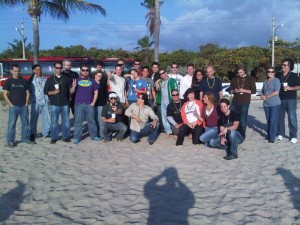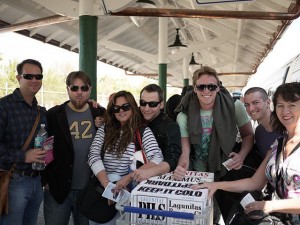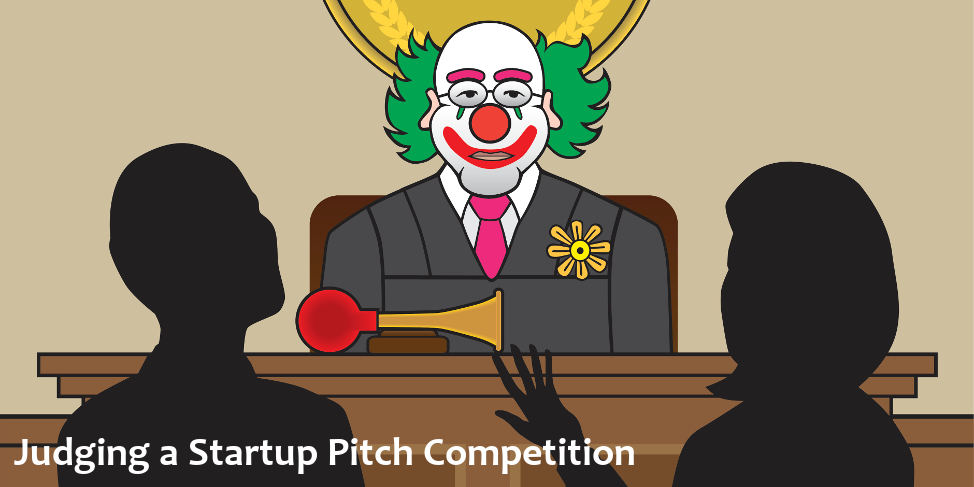
Brainstorm an idea, and launch a fully-functioning company based on it… in 72 hours. On a bus. If it’s good, it will become a real company, backed by serious venture capitalists. P.S. Don’t expect to sleep.
Linked with Austin, SXSW (SouthBySouthWest), the Startup Bus is like a mobile Startup Weekend, with elements of Amazing Race. Six busses leave from six different cities, carrying about 30 or so “buspreneurs” per bus. They hit the road at the same time, and dream, code, design, collaborate and project manage their way to Austin, to present their business to a group of venture capitalists at the SXSW conference.
Dreamt up by Elias Bizannes and a group of like-minded entrepreneurs, nerds and VCs, the first Startup Bus took its maiden voyage from San Francisco to Texas last year. It was such a roaring success that Elias convinced six of last years participants to act as bus conductors, on a six-fold larger venture. The conductors’ job is to advise, mentor, and help sleepless buspreneurs differentiate between workable business concepts and those that are completely nutty.

The buses left from San Francisco, Chicago, Cleveland and New York. I was on the Miami bus with a mix of geeks from Miami, Baton Rouge and Tampa. The Tampa folks took an Amtrak down to Ft. Lauderdale, strategizing before being thrown into the fray. We rendezvoused with our fellow Southern nerds, enjoyed a night of merriment and then packed our digital cameras, MacBook Pros, Android tablets and other tech geek junk, and headed towards Austin.
Once aboard, our conductor, Steve Repetti, was ready with a microphone. Anyone with a business idea could pitch the business plan to the rest of the bus, to attract others to the nascent company. Once groups were formed, the work began. The Tampa group had mostly split itself between two projects: First was Story-Set-Go, a mobile phone application designed to allow budding film makers to easily shoot events using narrative templates in storyboard form, paired with an online marketplace for experts to sell their storyboards to users; Second, and one of the strangest ideas, was MyNewman.com. Touted as “The Anti-Social Social Network”, MyNewman.com would be an anonymous social network where unlike-minded users would be matched with others who they would naturally dislike. From there, they would be encouraged to argue with each other as well as purchase digital pranks to play on each other’s profiles. I somehow ended up working for both of these projects.

What was truly astounding was the quality of the people I got to work with. In a world were finding highly competent people is extremely difficult, I was surrounded by folks from right here in the Bay area who were not only competent but inspiring. Their creativity and follow-through often left me wishing that I could afford to hire people like this. And after four days of living, eating and working together without sleep, we had accomplished something extraordinary: Business, financial and technical models of our companies were presented to our illustrious panel of VCs. In fact, out of around 40 teams, MyNewman.com made the final six only to be beat out by a group from New York and a team from Silicon Valley. However, both Tampa teams are continuing to peruse their projects outside of the bus, and I cannot wait for next year’s trip.
